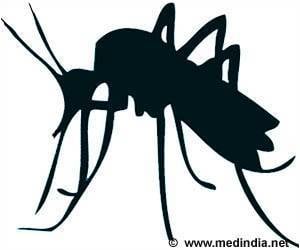Malaria infection during pregnancy can cause complications during the pregnancy and delivery. L-arginine and nitric oxide are depleted during malaria infection in pregnancy (MIP) and L-arginine supplementation helps improve pregnancy outcomes.
Highlights
- Pregnant women with malaria had less L-arginine and were associated with worse pregnancy outcomes
- Nitric oxide plays a key role in development of blood vessels in the placenta, and its synthesis requires L-arginine
- L-arginine supplementation in pregnant women with malaria can improve fetal weight and viability
Supplementation of L-arginine
The research team studied the pregnant mice and found that the ones infected with malaria benefited from L-arginine supplementation, which increased viability and birth weights among the young one’s delivered.
The results showed that the amino acid plays a vital role in the synthesis of nitric oxide, which helps in the development of blood vessels in the placenta.
Imaging of the pregnant mice with malaria was used to confirm how L-arginine supplementation can help reduce inflammation and prompts vascular development in the placenta, said McDonald et al.
In a related Focus, the "potential simplicity, affordability and practicality" of amino acid supplementation for these women were discussed by James Beeson and colleagues.
What is Malaria?
Malaria is one of the most serious diseases passed on to humans by mosquitoes. It is prevalent in many parts of the world.
Anopheles mosquitoes are responsible for spreading malaria to human beings, who is the sole victim of the parasite.
Plasmodium falciparum is the most common of the five species of mosquitoes that cause malaria. It is considered to be a leading cause of death in low and middle-income countries.
Children under the age of 5 and pregnant women are at a higher risk of malaria.
One of the most disturbing factors about it is that resistance of the malaria parasite to anti-malarial drugs is increasing and becoming more widespread. These mosquitoes thrive only in tropical climate and cannot survive in cold areas.
Malaria in Pregnancy
Malaria infection during pregnancy is a public health problem and poses significant risks for the pregnant woman, fetus, and the newborn child.
Malaria infection during pregnancy and low birth weight is the result of Plasmodium falciparum infection.
Malaria has a propensity for grading primips and highly prevalent during 2nd trimester.
Congenital malaria due to vertical transmission from mother predisposes to low birth weight IUGR and abortion. Other significant implications are Anemia, Hypoglycemia lung injury and ARDS.
Source-Medindia












